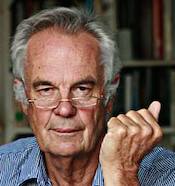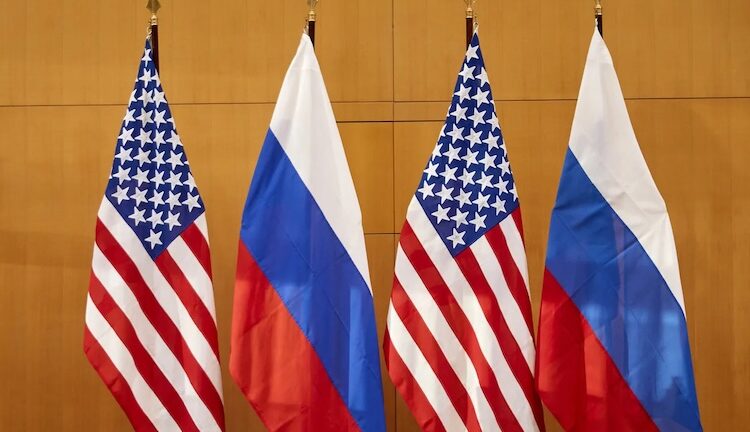By Jonathan Power*
LUND, Sweden | 25 November 2025 (IDN) — Trotsky, the one-time close comrade of Lenin, reportedly said, “You may not be interested in war, but war is interested in you”.
This is how it seems to have been with the US presidents in office before Donald Trump. Trump is unique when it comes to his policy towards Russia in appearing determined to shake off the mantle of war. When he came to power, he found President Vladimir Putin incensed (and most Russian people) with NATO’s expansion and determined to make sure Ukraine didn’t fall into the hands of NATO.

Presidents Bill Clinton, George W. Bush and Barack Obama were party to an aggressive expansion of NATO’s borders. They all stepped down from the presidency, leaving behind a state of hostility between Russia and the US that most thought had evaporated once the Cold War ended in 1991.
Instead of a lifetime of peace and cooperation ahead of us, as was widely expected then, it has been undermined by Washington and its European allies.
These days, some observers talk about a coming war between the West and Russia. Although this could not happen as long as Trump remains president and France remains French, it may be a “damned close-run thing” (as the Duke of Wellington was supposed to have said after victory over Napoleon at the battle of Waterloo). The Europeans seem to be absorbed in playing with fire.
Broken Promises After the Cold War
The Soviet Union’s last president, Mikhail Gorbachev, who had been a partner of the West in ending the Cold War, believed he had an understanding with President H.W. Bush and the German foreign minister Hans Genscher that, in return for allowing Germany to be reunited and for a united Germany to be a Nato member there would never be any further expansion of NATO.
Indeed, there was serious talk of Russia becoming a Nato member itself and of Russia joining the “European House”, as Gorbachev later expressed it, and as Putin later did.
Western duplicity goes back to the time of President Boris Yeltsin, the first elected president of Russia, who was taken advantage of time and time again by Bill Clinton, who often drove hard bargains late in the evening when Yeltsin, not always very well, was tired and had drunk too much vodka.
Warnings From Within Washington
No less than Clinton’s Secretary of Defence, William Perry, argued in a speech at a conference organised by the British newspaper, The Guardian, that the gains between Russia and the US had been “squandered”, more as a result of US than Russian actions. “In the last few years, most of the blame can be pointed at the actions that Putin has taken. But in the early years, I have to say that the US deserves much of the blame….. Our first action that really set us off in a bad direction was when NATO started to expand, bringing in the eastern European nations”. He went on to say the decision reflected a contemptuous attitude among American officials towards the troubled former superpower.
The second major misstep, he said, was the Bush administration’s decision to deploy a ballistic missile system in Eastern Europe in the face of a determined opposition from Moscow. “We rationalised the system as being able to defend against an Iranian nuclear missile- but they don’t have any. The issue again wasn’t discussed based on its merits- it was ‘who cares about what Russia thinks?’”
Later came the US and European decision to support the anti-Russian uprising in Ukraine, even though there was no good reason for it, since an election was in the offering and it meant tolerating militants who were members of organisations with a fascist pedigree.
An Uncertain Path to Peace
Perhaps, at last, after so much unnecessary blood has been shed, we are on the threshold of achieving a peace agreement that will end the Ukraine war. This week’s negotiations are critical and crucial. Can we dare to hope Trump is enabled to do the right thing and, to boot, prove Trotsky wrong?
*Jonathan Power has been an international foreign affairs columnist for over 40 years and a columnist and commentator for the International Herald Tribune (now The New York Times) for 17 years. [IDN-InDepthNews]
Copyright: Jonathan Power
Image: Putin has forced this crisis diplomacy upon the West. Source: swissinfo.ch

